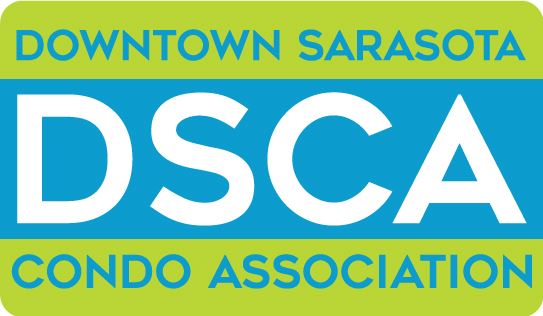Working to Enhance the Downtown Experience |
City News
About DSCAThe Downtown Sarasota Condominium Association (DSCA) is the designated neighborhood organization to represent the interests of the condominium associations, townhomes, apartments and their residents, that are within the greater Downtown Sarasota. | Subscribe to NewsletterSubscribe Here |
Powered by Wild Apricot Membership Software
